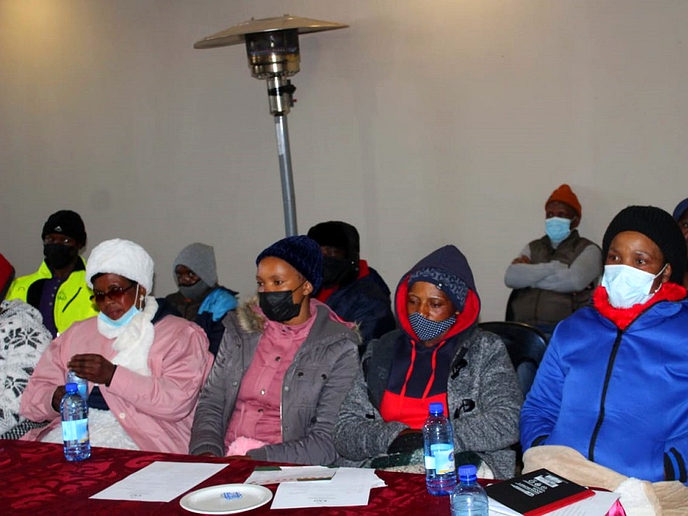PAYING tax to the government is one of the most painful and emotional obligations to anybody from time immemorial. This week was no exception as Parliament enacted yet another tax law that has not only rocked the hornet’s nest but has also flared up tempers and altogether made people apprehensive.
comments
July 8, 2022
EDITOR
3 min read
Who actually shares the burden of sin taxes?

Story highlights
The Tobacco and Alcohol Products Levy Bill 2020 is specifically targeted at smokers and drinkers but the real question is: Who actually shares the burden of sin taxes?
First, it is without question that smokers of cigarettes and drinkers of alcoholic beverages will have to pay more for each packet of cigarettes and a can of beer or a tot of whiskey.
Second, the suppliers will receive less for each packet of cigarettes and for each case of beer, which means it will affect the bottom line of the companies in reduced profits.
Third, the workers of the cigarettes and alcohol companies will lose jobs or perhaps face a cut in salaries as production falls.
At a time when the unemployment rate is at one of its highest levels, it illustrates that a tax cannot be imposed without the involvement of the others. We already heard how the brewery was at pains trying to convince the government to cease the tax imposition but to no avail. The consumers, the employers and the workers will all bear the brunt of the taxation nonetheless.
Bordering on morality, it can also be argued that the opponents of tobacco and alcohol due to their detrimental effects to health are probably the conquerors despite a forecast loss in revenue to both businesses and the government.
Assuming an increase in price for both cigarettes and alcohol is not price sensitive, it also means the money that should buy food and other basic necessities, will now pay for the products. It indicates that the imposition of the tax can only be a shift of the burden from businesses to consumers, one other issue that has made debates about taxes so explosive.
Enjoy our daily newsletter from today
Access exclusive newsletters, along with previews of new media releases.
The goal of the tax might have been to increase revenue but it could also have damaging effects to families and businesses while also trying to lessen the impact of smoking and drinking hazards. Either way, the government will lose the much needed revenue, trying to save spending on health that comes with the associated expenditure on motor vehicle accidents and anticipated treatment of people who might get sick from smoking.
Otherwise, taxes should be flexible in concert with the prevailing economic conditions, especially when the economy is at its low ebb due to skyrocketing prices of food and fuel. The tax on tobacco and alcohol has come at a time when the cyclical changes of economic activity are unfavourable.
Yet, the tax imposition will surely influence economic performance from the supply and demand side. From the supply side, we could expect retrenchments or better still a black market of cigarettes and alcohol alternatives. On the demand, we could see reduced smoking and drinking or we might also see no change in the consumption of these products if they are price inelastic (insensitive to price changes).
Tailored for you






